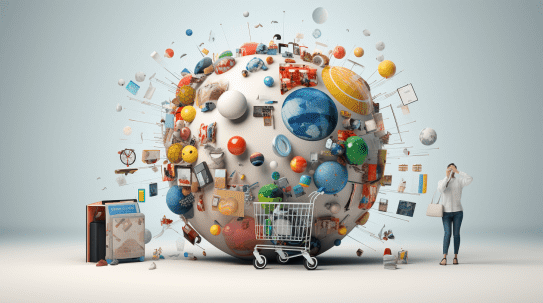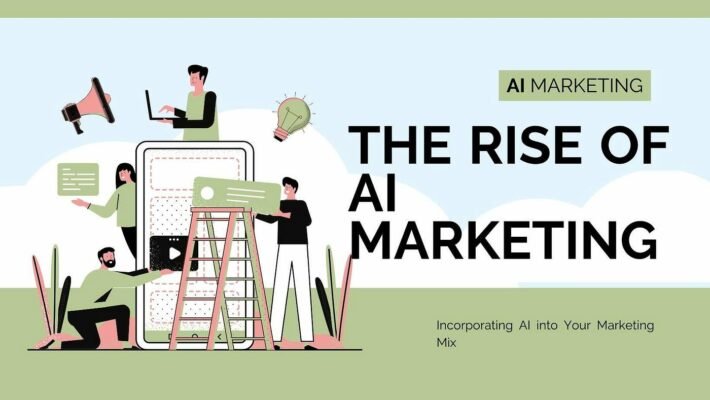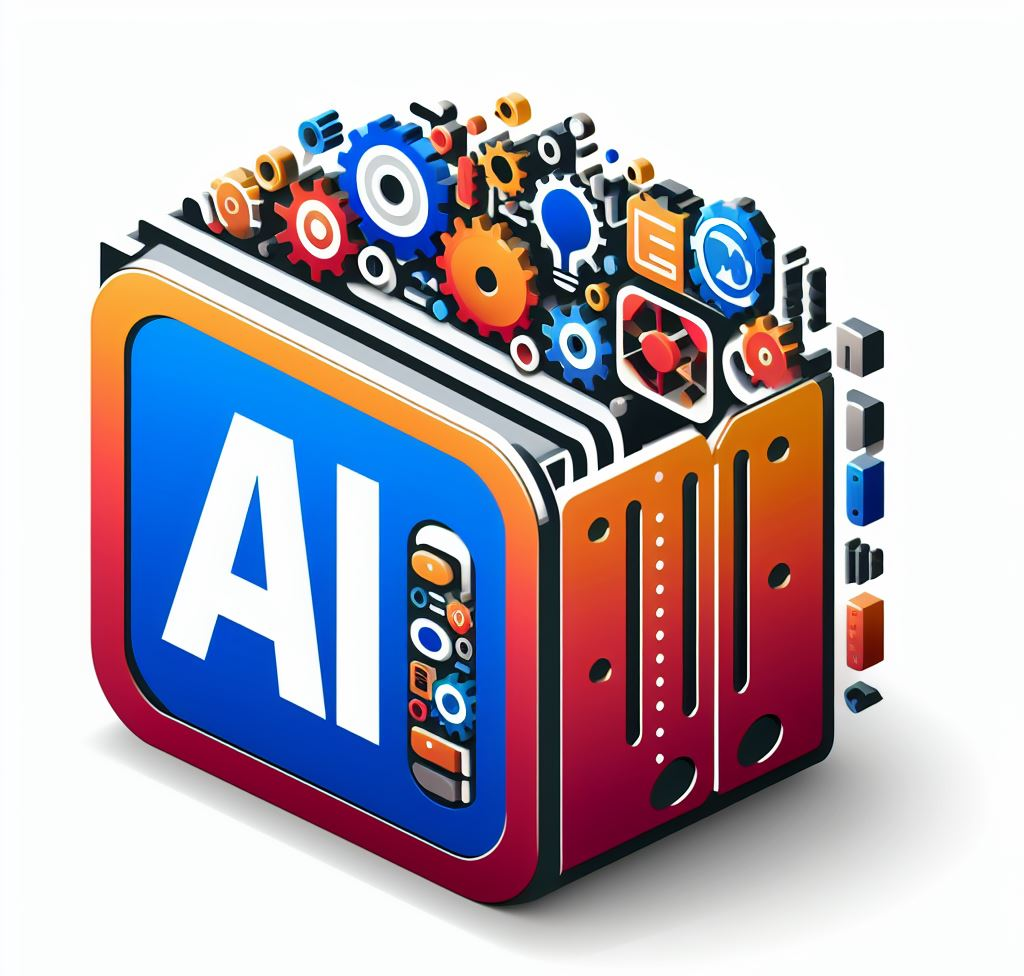How to Integrate AI in Your Digital Marketing Strategy: A Comprehensive Guide

Introduction to AI in Digital Marketing
In the fast-paced world of digital marketing, Artificial Intelligence (AI) stands as a transformative force. By automating tasks, analyzing vast pools of data, and enabling personalization at scale, AI is not just a tool—it’s a paradigm shift. This guide aims to unravel the intricacies of AI in digital marketing, offering insights into its integration for businesses looking to harness its unparalleled capabilities.
AI in digital marketing offers a plethora of advantages, from predictive analytics that forecast customer behavior to chatbots that provide round-the-clock customer service. The power of AI lies in its ability to glean insights from data, tailor marketing messages, and enhance overall customer experience.
Understanding the Basics of AI in Digital Marketing
AI-Powered Analytics: These systems dive deep into customer data, uncovering trends and preferences that drive more targeted marketing strategies.
Chatbots: AI-driven chatbots offer immediate customer service, handling inquiries and providing information without human intervention.
Personalization: AI’s capability to analyze user data enables unprecedented personalization. Content, recommendations, and advertisements can be tailored to individual preferences, significantly enhancing user engagement and loyalty.
Step-by-Step Implementation of AI in Digital Marketing
Step 1: Laying the Groundwork: The first step in AI integration is a thorough assessment of your current digital marketing strategy. Identify areas ripe for AI application—be it customer service, data analytics, or content creation. Set clear objectives: Do you want to enhance customer engagement, boost conversion rates, or increase efficiency in ad targeting?
Step 2: Choosing the Right AI Tools and Technologies: With an array of AI tools available, select those that align best with your marketing goals. For analytics and data processing, tools like Google Analytics AI and IBM Watson offer robust platforms. Chatbot solutions like Drift or Intercom can revolutionize customer interaction. Evaluate each tool based on functionality, ease of integration, and potential ROI.
Step 3: Developing an AI-Driven Strategy: Develop a strategy that marries AI tools with your marketing objectives. For instance, if enhancing user experience is your goal, focus on AI tools that offer personalized content and responsive customer service. Draft a roadmap for implementation, setting short-term and long-term goals.
Step 4: Execution and Management: Implement AI tools into your marketing processes gradually. Start with one aspect, like customer service chatbots, and monitor their impact. Ensure your team is trained to work alongside these tools. For example, while AI can generate initial customer responses, human oversight is crucial for complex queries.
Step 5: Monitoring and Optimization: AI tools provide valuable data that can help fine-tune your strategies. Use AI-driven analytics to track user engagement and conversion rates. Continuously optimize your AI tools based on these insights to ensure they align with your evolving marketing needs.
Advanced Tips and Tricks for AI in Digital Marketing
- Data-Driven Personalization: Utilize AI to segment your audience based on their behavior and preferences. Create personalized marketing campaigns that speak directly to the interests of each segment.
- ai in content creation: Leverage AI tools like GPT-3 for content generation. These tools can help produce initial drafts or suggest content ideas based on trending topics and keywords.
- Predictive Analytics: Implement AI tools that predict future customer behaviors based on historical data. This can help in planning more effective marketing strategies.
Conclusion and Next Steps
Integrating AI into your digital marketing strategy is not just about staying current. It’s about leveraging the technology to gain deeper insights, automate tasks, and create more engaging, personalized customer experiences. Start small, focus on one aspect of your marketing strategy, and gradually expand your AI capabilities. The future of marketing is intelligent, personalized, and data-driven – and AI is at the heart of it all.
Related Posts
- Unlocking the Marketing Potential of AI: A Game-Changer for Success!
- Unleashing the Power of AI: The Ultimate Strategy Guide for Transforming Marketing
- Revolutionizing Marketing: How AI is Driving Innovation in the Industry
- Revolutionize Your Marketing Campaigns with AI-Powered Ideas
- How does AI affect marketing?
As an advocate for the AI community, We are committed to bridging the gap between theory and practical applications in the field of AI Digital Marketing. With a strong belief in the power of collaborative learning, we actively engages with readers, encourages discussions, and shares valuable insights through his blog posts on AI Source Hub.





